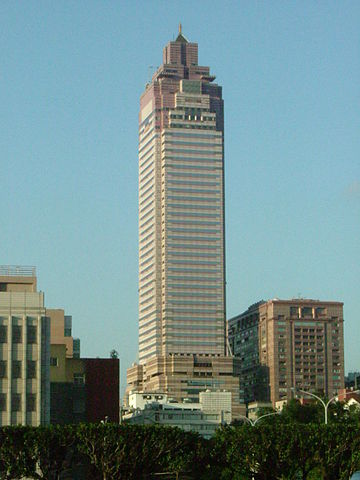
Longtime HGS supporter Joseph Bast, head of the Heartland Institute, has a new policy brief (pdf), with a podcast overview, recommending that fans of professional “sports” own the teams thru nonprofit corporations. The only actual example of this is the Green Bay Packers, which originated as a for-profit organization but was bought out of bankruptcy by a fan-organized nonprofit. They would never leave Green Bay since the owners cannot profit by moving them. Thus the main lever used by for-profit teams to extort new stadiums and other favors would be broken.
Pointing out that teams currently extract monopoly rents from the community, Bast mentions Henry George but rejects George’s idea that natural monopolies should be municipally-owned. Of course, George never applied this concept to professional “sports,” which existed in his day but was nothing like what we see now. The closest I can think of is that George considered the idea of a publicly-subsidized theater to be so absurd, that he compared it to subsidy of various other industries to illustrate the absurdity of the latter.
So why don’t fans establish nonprofit teams? My personal theory is that most fans of professional “sports” are masochists and like to be abused. But perhaps I’m wrong. Bast suggests routes around other barriers including opposition of major leagues, high cost of setting up a team, and existing taxpayer-subsidized facilities which are controlled by existing monopolies.
 Chicago Park District’s new harbor at 31st street
Chicago Park District’s new harbor at 31st street 


 Which is why I’m not pleased to learn that
Which is why I’m not pleased to learn that